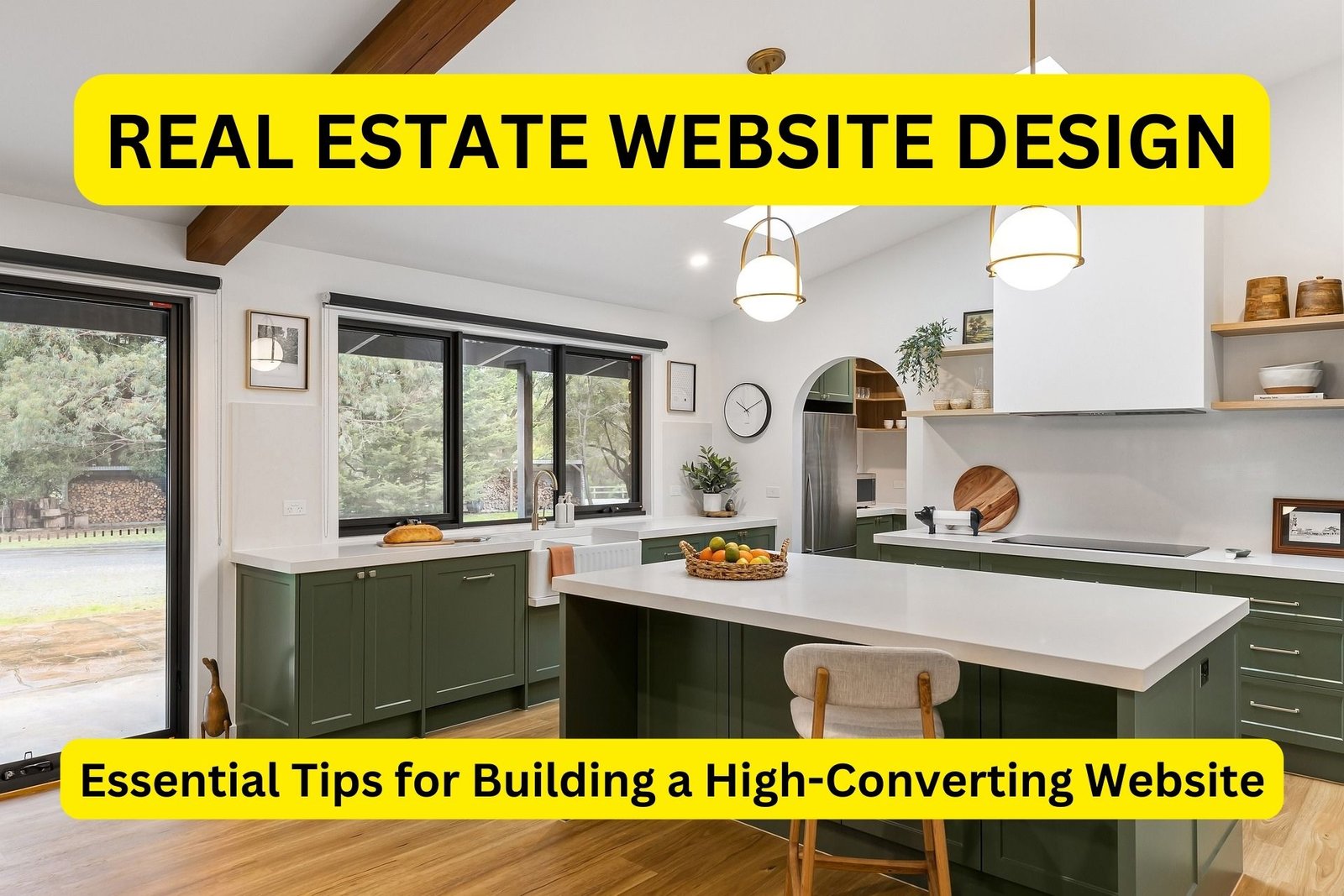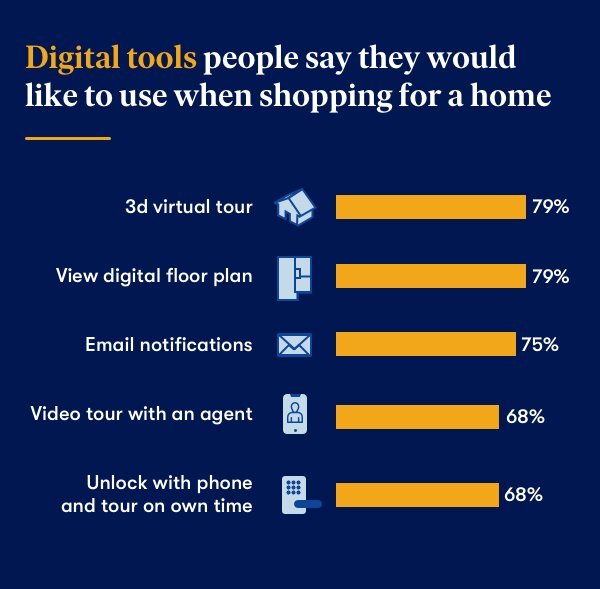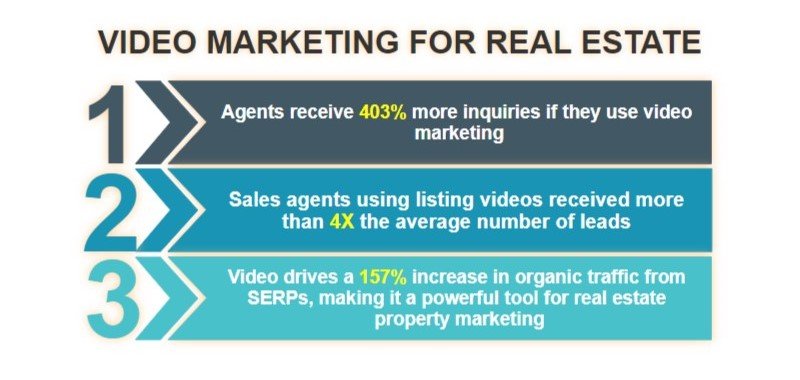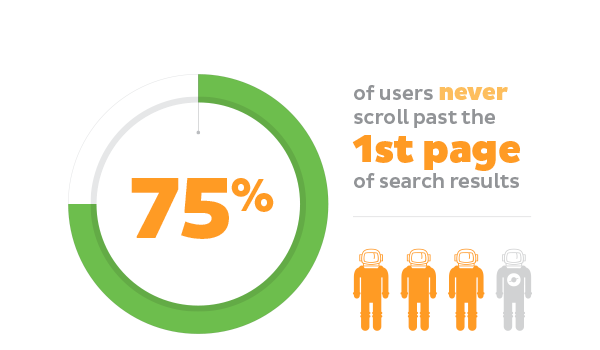
Creating an impactful, conversion-focused real estate website can be a game-changer for small businesses and firms on limited budgets. In a competitive market, real estate professionals need an online presence that not only attracts visitors but converts them into clients. Here, we’ll cover essential pages, key design elements, SEO strategies, and cost-effective solutions to build an affordable, professional website.
Why Real Estate Website Design is Vital for Small Businesses
A well-designed website establishes credibility, builds trust, and allows potential clients to explore services before making contact. Since real estate buyers and sellers often base their first impressions on a website, a high-quality site is essential. Studies show that 75% of people judge a company’s credibility based on web design, and 73% of buyers are more likely to work with agents who use high-quality visuals on their websites.
Essential Pages for a Real Estate Website
- Homepage: This is your first impression. Use high-quality visuals, concise branding, and clear calls-to-action (CTAs) like “Schedule a Viewing” or “Contact Us.” Highlight your unique selling points—whether that’s local expertise, specialty in luxury or commercial properties, or exceptional service.
- About Us: Buyers want to know who they’re working with. Use this section to introduce yourself or your team, sharing credentials, years of experience, and client-focused values.
- Property Listings: Comprehensive property listings should include essential details such as price, square footage, and property features. High-quality photos, interactive maps, and even virtual tours can provide an immersive experience for potential buyers.
- Contact Page: Make it easy for users to reach you with a prominent contact page featuring your phone number, email, and office location. Including a contact form allows for convenient, quick inquiries.
- Blog: Regular blog posts on market trends, neighborhood highlights, and buying/selling tips can improve SEO and establish your expertise. For example, articles like “Top 5 Neighborhoods for Families” can engage local buyers and keep them on your site longer.
- Client Testimonials: Adding a testimonials page is a powerful way to build credibility. Positive feedback can reassure new clients about your services and professionalism.
Key Features to Include in Real Estate Website Design
- Advanced Property Search: Give users customizable filters for location, property type, price, and features. This can enhance user experience, helping visitors find the perfect property efficiently.
- Map Integration: An interactive map with markers for each listing allows users to visually explore properties and see proximity to important local amenities.
- Responsive Design: Since 60% of online searches come from mobile devices, make sure your site is mobile-friendly to ensure easy navigation and optimal loading on any device
- High-Quality Media: Invest in professional photography and videography to showcase properties. Video tours are particularly effective as they allow buyers to envision the space and experience its layout virtually.
- Clear Calls-to-Action (CTAs): Use strong CTAs like “View Listings,” “Schedule a Visit,” and “Request Information.” Position them strategically on the homepage, within property listings, and in the header to encourage engagement

Tips to Stand Out in the Real Estate Market
- Use Video and Virtual Tours: Virtual tours offer a realistic look at properties, allowing clients to envision themselves in the space. This is especially beneficial in commercial and luxury real estate, where buyers may not be local.
- Emphasize Professional Branding: Consistent branding with logos, color schemes, and fonts across your website and social media accounts creates a polished, trustworthy image.
- Highlight Local Market Expertise: Many buyers and sellers value local knowledge. Feature neighborhood pages or blog posts that highlight schools, dining options, transportation, and other community assets.
- Showcase Unique Selling Points: Emphasize any specific expertise or focus areas, such as waterfront properties, eco-friendly homes, or investment opportunities, through visuals and dedicated content.

SEO Essentials for Real Estate Websites
A strong SEO strategy will help your site rank higher in search results, driving organic traffic and increasing lead generation.
- On-Page SEO: Use primary and secondary keywords naturally throughout the site. Optimize titles, meta descriptions, and headers to make it easy for search engines to understand your content.
- Content Marketing: Blogging can enhance SEO, providing opportunities to target location-based keywords like “best real estate agent in [City]” or “homes for sale in [Neighborhood].” Articles on local events, housing market updates, and property investment tips are useful for capturing traffic and showcasing expertise.
- Local SEO: Optimize for local searches by creating location-specific pages and incorporating keywords related to your city or neighborhood. Claiming and optimizing your Google My Business profile also helps increase visibility in local searches.
- Technical SEO: Ensure your site is optimized for speed and easy navigation. Use compressed images and a fast-loading, mobile-friendly design to reduce bounce rates and improve user experience

Cost-Effective Solutions for Small Real Estate Websites
Real estate website design doesn’t have to break the bank. Here are cost-effective ways to create a professional site on a budget:
- Affordable Platforms: WordPress, Squarespace, and Wix offer templates specifically for real estate, often at a lower cost than custom-built sites. WordPress offers extensive customization, while Wix and Squarespace provide easy-to-use interfaces.
- Template vs. Custom Design: While custom design offers more flexibility, templates are a budget-friendly choice that still looks professional and can be personalized with colors, logos, and high-quality images.
- Add-On Tools: Many platforms offer affordable plugins for SEO, lead capture, and property listings. For example, WordPress plugins like Yoast SEO and IDX Broker help with SEO and listing integrations, respectively.
Common Mistakes to Avoid in Real Estate Website Design
- Ignoring Mobile Optimization: Many real estate clients use their phones to browse listings. A non-responsive site risks losing valuable leads.
- Overloading with Jargon: Avoid industry-specific terms that might confuse users. Keep property descriptions and blog content clear and concise.
- Cluttered Design: Aim for a clean, professional look. Simplified navigation and visually organized content improve the user experience, making your website easy to use.
- Neglecting Updates: Regularly update your listings, blog content, and client testimonials to maintain an accurate, trustworthy site.
Niche-Specific Examples in Real Estate Website Design
- Luxury Real Estate: Use high-end images, clean design, and exclusive branding to attract upscale buyers. Highlight special features such as pools, home theaters, and expansive views.
- Commercial Real Estate: Emphasize essential details like square footage, zoning information, and neighborhood demographics. Minimalistic design paired with professional colors and fonts can project authority and professionalism.
- Vacation Rentals: Showcase amenities, an availability calendar, and high-quality images of the property and local attractions. Clear CTAs like “Book Now” or “View Availability” simplify the booking process.
- Investment Properties: Include data on ROI, property value trends, and financial projections to attract investors. A dedicated “Investment Opportunities” page can be a useful addition.
Real Estate Website Design Statistics
- 73% of homeowners prefer working with agents who use high-quality photos on their websites (NAR).
- 80% of users are more likely to engage with websites featuring video content (Placester).
- 50% of users consider fast page speed crucial to remaining on a site (Google)
Why You Should Hire Us for Your Real Estate Website
Building and maintaining a high-converting real estate website requires experience, strategy, and ongoing digital marketing support. Real estate is a competitive sector, and a polished online presence can set you apart. Our agency offers a comprehensive digital marketing package that includes everything you need—website design, SEO, content creation, social media, and more.
We provide these services at a fraction of the industry cost, with a commitment to support that ensures your online presence grows with your business. Whether you’re a small agency or an established firm on a limited budget, we deliver top-quality, cost-effective solutions to help you succeed. Let’s start transforming your real estate business today!
Frequently Asked Questions (FAQs)
Q1: How much does real estate website design cost?
Costs vary but typically range from $500 for basic templates to $5,000+ for custom designs.
Q2: What are the best website platforms for real estate agencies?
WordPress, Squarespace, and Wix are popular platforms with real estate-specific templates.
Q3: How do I make my real estate website mobile-friendly?
Use a responsive design, compress images, and test your website’s functionality on different screen sizes.
Q4: Can I use a website template, or should I go custom?
Templates are cost-effective for budget-conscious agencies, while custom designs offer more flexibility and branding options.
Q5: How does SEO help my real estate website attract more clients?
SEO improves visibility in search results, driving organic traffic and increasing your site’s exposure to potential clients.
Q6: How often should I update my real estate website content?
Update listings regularly and add new blog content monthly for best SEO results and to keep visitors engaged.